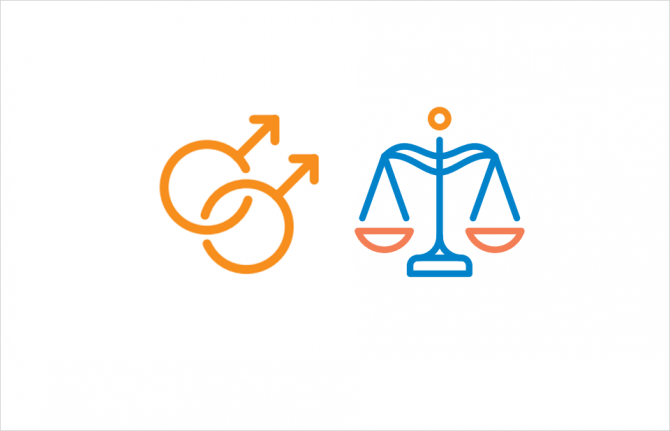

Press Statement
UNAIDS welcomes the repeal of the law that criminalized LGBT people in Singapore
22 August 2022 22 August 2022GENEVA, 22 August 2022—UNAIDS applauds Singapore’s announcement that it will repeal section 377a of the country’s penal code which criminalizes consensual sexual relations between men. The law, which dates back to 1938 when Singapore was under British colonial rule, punishes gay consensual sex by a prison sentence of up to two years.
In his annual policy address speech that included plans to repeal the legislation, Singapore’s Prime Minister, Lee Hsien Loong, said sex between consenting men should not be criminalized and that there was no justification to prosecute people for it, nor to make it a crime. He said that gay people were fellow Singaporeans and that they wanted to live their own lives, participate in the community and contribute fully to Singapore.
“The end of the criminalisation of gay men is wonderful news, both for the lesbian, gay, bisexual and transgender community in Singapore, and for the country as a whole,” said Taoufik Bakkali, UNAIDS Regional Director for Asia and the Pacific region. “UNAIDS welcomes this as a significant step towards respecting the human rights of LGBT people in Singapore and creating a more open, tolerant and inclusive society where people can be who they are and love who they want without fear of being imprisoned. This vital change will save lives and benefit everyone, and will inspire other countries to follow. Other countries should join the growing group of nations who have turned away from criminalisation.”
Laws which punish consensual same sex relations, as well as contravening the human rights of LGBT people, are a major barrier to improving health outcomes, including in the HIV response. Punitive legislation embeds stigma and discrimination against LGBT people, deters LGBT people from seeking healthcare for fear of being denounced to the authorities and facing punishment and detention, and prevents countries from putting policies in place that properly respond to differentiated epidemics among their populations.
Singapore joins a growing list of countries that have recently decriminalized same-sex relations, including Antigua and Barbuda, Botswana, Bhutan and Angola. The change in Singapore will at last reduce the number of countries in which consensual same-sex relations are still criminalized to below 70 countries worldwide. Decriminalisation is not the end point in tackling stigma and exclusion, but is a vital step forward.
UNAIDS
The Joint United Nations Programme on HIV/AIDS (UNAIDS) leads and inspires the world to achieve its shared vision of zero new HIV infections, zero discrimination and zero AIDS-related deaths. UNAIDS unites the efforts of 11 UN organizations—UNHCR, UNICEF, WFP, UNDP, UNFPA, UNODC, UN Women, ILO, UNESCO, WHO and the World Bank—and works closely with global and national partners towards ending the AIDS epidemic by 2030 as part of the Sustainable Development Goals. Learn more at unaids.org and connect with us on Facebook, Twitter, Instagram and YouTube.
